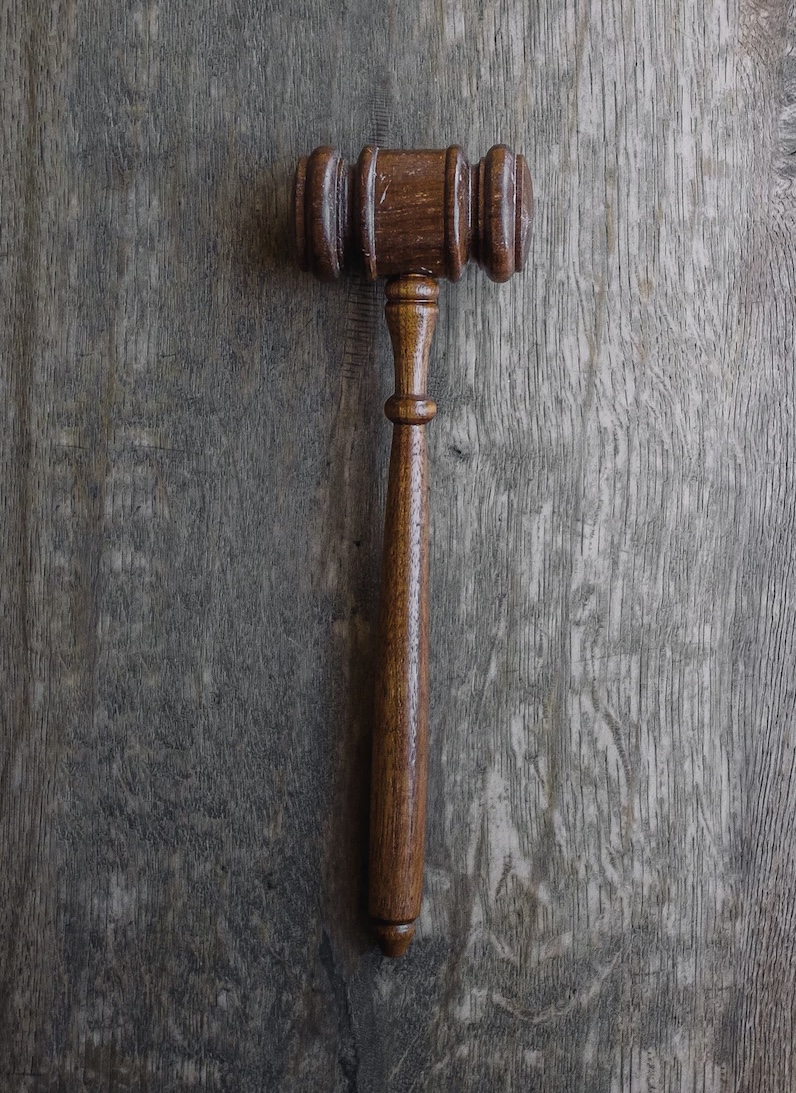
The probate court oversees the settlement of estates.
Although probate often has a bad reputation, it is not the devil incarnate.
In fact, the probate process provides an organized legal way to transfer asset title when the decedent owner of a given asset did not make arrangements for the asset to avoid probate.
So, what s probate, and should you be afraid of it?
The process can be simple or complicated based on the nature of the estate planning documents created by the decedent (or lack thereof), family dynamics, and the degree to which a "paper trail" was left for the executor to follow.
According to a recent Investopedia article titled “What Is Probate Court?,” the proceedings begin when a petition for probate, a copy of the certified death certificate, and the original will are filed by the executor or a family member with the probate court in the county where the decedent was resident.

Probate court was created to provide structure and accountability in the settlement of estates.
What is involved in the probate process?
After the petition is filed, the probate court can hold the first hearing.
In this hearing, after finding that the last will and testament presented to the court is the "last will" and not the "second to the last will," the court formally appoints the executor of the estate as nominated by the decedent in the last will.
If the last will is valid and designates an executor, this person will be appointed.
If no valid will exists, then an administrator will be appointed by the court.
This administrator or executor will be responsible for distributing the estate to the appropriate beneficiaries at the conclusion of the probate process.
The probate judge will issue Letters Testamentary, also known as Letters of Administration (if there is no last will and an administrator is appointed).
These Letters are the "diplomatic papers" from the court granting authority to the executor or administrator to sell assets, pay bills, and perform other duties.
Unless waived in the last will or later by the heirs, the executor may be required to post a bond prior to accepting the Letters and taking action.
Why?
The bond provides protection for the estate should the actions of the executor have adverse consequences.
Once executors have been granted authority by the probate court, they have a slew of responsibilities.
These include notifying known creditors of the decedent, notifying beneficiaries, inventorying assets, paying bills, selling assets if necessary to make payments on what is owed, paying taxes, and filing the final tax return.
Whew.
Throughout this process, the probate court monitors the work of the executor and addresses issues as they arise.
What issues might arise?
In some cases, the executor may object to a creditor claim on the estate.
In such instances, the court makes a decision after hearing the evidence.
The executor is accountable to the probate court and must provide an accounting of the estate administration.
This is known as the Final Settlement.
The probate court must approve the Final Settlement before the probate process for the estate is closed.
As noted above, the probate court is also responsible for overseeing the estate settlement when no last will exists.
This is known as the administration of an "intestate" estate.
Only after these duties are completed and the probate judge approves the Final Settlement accounting, the executor may distribute any remaining assets to the heirs as indicated in the last will.
In the absence of a last will, the court will distribute property to the next of kin as outlined in the state laws of intestate succession.
However, although probate court has its downsides, generally speaking, it is not worthy of its poor reputation.
This has been a simplified overview of probate and the probate process.
Investopedia (Sep. 21, 2022) “What Is Probate Court?”
REMEMBER: “The choice of a lawyer is an important decision and should not be based solely upon advertisements.”
This statement is required by rule of the Supreme Court of Missouri.
